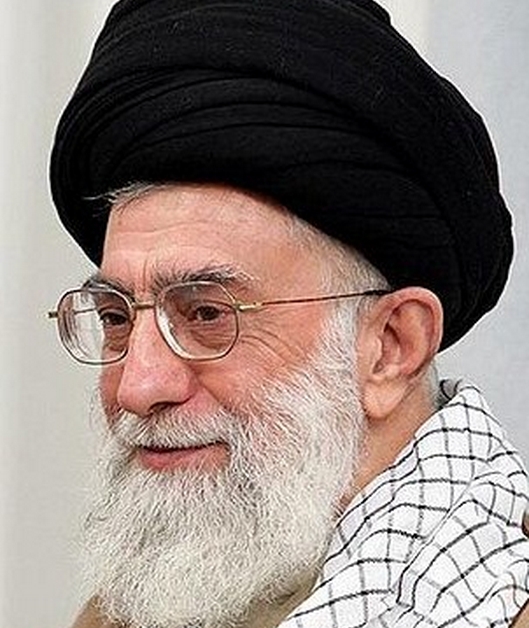“Digital platforms are being misused to subvert science and spread disinformation and hate to billions of people,” António Guterres warned.

United Nations Secretary-General António Guterres on Monday implored governments around the world to take concerted action to curb the rapid online spread of destructive misinformation, disinformation, and hate speech.
“Alarm bells over the latest form of artificial intelligence—generative AI—are deafening,” said Guterres. “They are loudest from the developers who designed it. These scientists and experts have called on the world to act, declaring AI an existential threat to humanity on a par with the risk of nuclear war. We must take those warnings seriously.”
“But the advent of generative AI must not distract us from the damage digital technology is already doing to our world,” Guterres continued. “The proliferation of hate and lies in the digital space is causing grave global harm—now. It is fueling conflict, death, and destruction—now. It is threatening democracy and human rights—now. It is undermining public health and climate action—now.”
“The proliferation of hate and lies in the digital space is causing grave global harm—now.”
“When social media emerged a generation ago, digital platforms were embraced as exciting new ways to connect,” noted the U.N. chief. “But today, this same technology is often a source of fear, not hope. Digital platforms are being misused to subvert science and spread disinformation and hate to billions of people.”
“This clear and present global threat demands clear and coordinated global action,” he added.
Guterres delivered his speech at an event marking the publication of a new policy brief that will inform a U.N. Code of Conduct for Information Integrity on Digital Platforms, which is currently being developed ahead of next year’s Summit of the Future.
In his introduction to the document, Guterres wrote that he hopes the U.N.’s recommendations will “provide a gold standard for guiding action to strengthen information integrity on digital platforms,” including social media sites, search engines, and messaging apps.
The brief includes proposals “aimed at creating guardrails to help governments come together around guidelines that promote facts while exposing conspiracies and lies and safeguarding freedom of expression and information,” said Guterres. It also seeks “to help tech companies navigate difficult ethical and legal issues and build business models based on a healthy information ecosystem.”
Around the world, responses to misinformation, disinformation, and hate speech have so far been lacking, Guterres noted.
“Governments have sometimes resorted to drastic measures—including blanket internet shutdowns and bans—that lack any legal basis and infringe on human rights,” the U.N. chief observed. Meanwhile, “some tech companies have done far too little, too late to prevent their platforms from contributing to violence and hatred.”
[content id=”79272″]
Pages: 1 2






